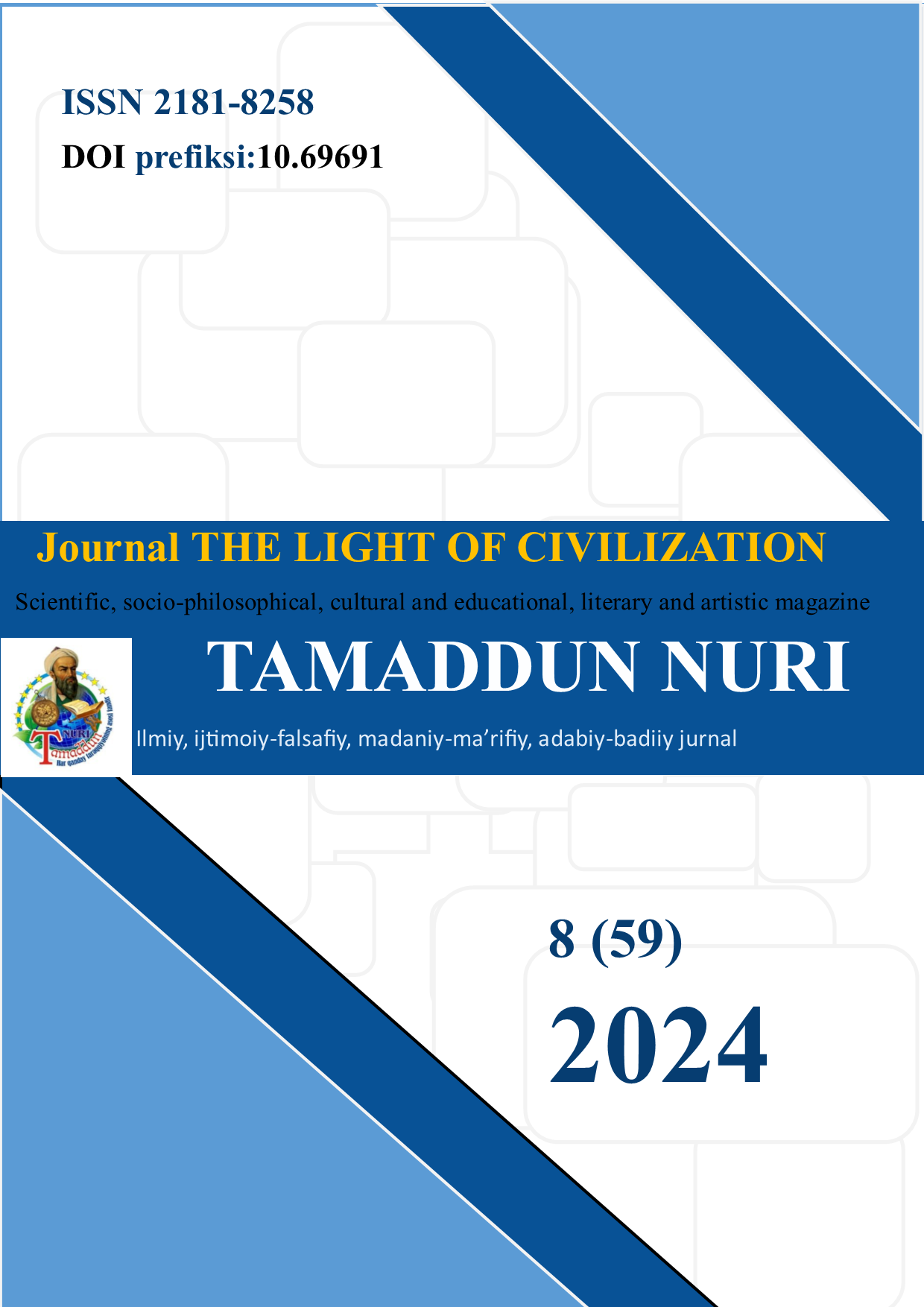LEGAL AND ETHICAL ISSUES OF STORING PERSONAL DATA IN BLOCKCHAIN TECHNOLOGY
DOI:
https://doi.org/10.69691/b4pny139Keywords:
blockchain technology, personal data, GDPR, CCPA, data privacy, legal compliance, ethical considerations, immutability, data protection, hybrid data storage models.Abstract
The article analyzes the legal and ethical aspects of storing personal data using blockchain technology, considering the requirements of GDPR and CCPA. The research, based on qualitative analysis and legal expertise, reveals that the immutability of blockchain conflicts with the right to data deletion and consumer control provided by these regulations. Possible solutions, such as hybrid models and privacy-enhancing technologies, as well as ethical issues related to privacy, consent, and data ownership, are discussed. The need for compliance monitoring and regulation is emphasized. The study acknowledges its limitations and suggests directions for future research.
References
Azaria, A., Ekblaw, A., Vieira, T., & Lippman, A. (2016). MedRec: Using Blockchain for Medical Data Access and Permission Management. 2016 2nd International Conference on Open and Big Data (OBD), 25-30. https://doi.org/10.1109/OBD.2016.11
Buterin, V. (2016). On Public and Private Blockchains. Retrieved from https://ethereum.github.io/blog/2016/08/07/on-public-and-private-blockchains/
Fairfield, J. (2014). BitProperty. Southern California Law Review, 88(805). Retrieved from https://papers.ssrn.com/sol3/papers.cfm?abstract_id=2505915
Finck, M. (2018). Blockchains and Data Protection in the European Union. European Data Protection Law Review, 4(1), 17-35. https://doi.org/10.21552/edpl/2018/1/6
Floridi, L. (2013). The Ethics of Information. Oxford University Press.
Graglia, J. M., & Mellon, C. (2018). Blockchain and Property in 2018: At the End of the Beginning. Innovations: Technology, Governance, Globalization, 12(1-2), 90-116. https://doi.org/10.1162/inov_a_00271
Koops, B. J., & Leenes, R. (2014). Privacy Regulation Cannot Be Hardcoded. A Critical Comment on the ‘Privacy by Design’ Provisions in Data-Protection Law. International Review of Law, Computers & Technology, 28(2), 159-171. https://doi.org/10.1080/13600869.2013.801589
Kuner, C. (2020). The CCPA and GDPR: Understanding the Key Differences. Privacy Laws & Business International Report, 2020(162), 1-4. Retrieved from https://www.privacylaws.com/reports/int162.pdf
Mettler, M. (2016). Blockchain Technology in Healthcare: The Revolution Starts Here. 2016 IEEE 18th International Conference on e-Health Networking, Applications and Services (Healthcom), 1-3. https://doi.org/10.1109/HealthCom.2016.7749510
Nofer, M., Gomber, P., Hinz, O., & Schiereck, D. (2017). Blockchain. Business & Information Systems Engineering, 59(3), 183-187. https://doi.org/10.1007/s12599-017-0467-3
Rostamy, R., & Nilsson, E. (2020). Blockchain Technology and GDPR Compliance: Can They Be Reconciled? European Journal of Law and Technology, 11(1). Retrieved from https://ejlt.org/index.php/ejlt/article/view/730
Tapscott, D., & Tapscott, A. (2016). Blockchain Revolution: How the Technology Behind Bitcoin Is Changing Money, Business, and the World. Penguin.
Voigt, P., & von dem Bussche, A. (2017). The EU General Data Protection Regulation (GDPR): A Practical Guide. Springer International Publishing. https://doi.org/10.1007/978-3-319-57959-7
Zyskind, G., Nathan, O., & Pentland, A. (2015). Decentralizing Privacy: Using Blockchain to Protect Personal Data. 2015 IEEE Security and Privacy Workshops, 180-184. https://doi.org/10.1109/SPW.2015.27
Downloads
Published
Issue
Section
License
Copyright (c) 2024 Journal of Tamaddun Nuri

This work is licensed under a Creative Commons Attribution-NoDerivatives 4.0 International License.



